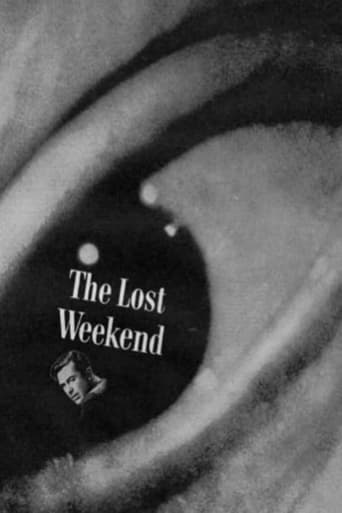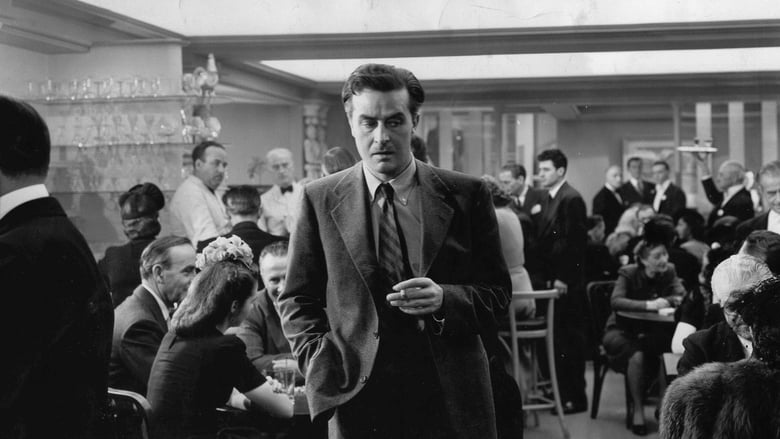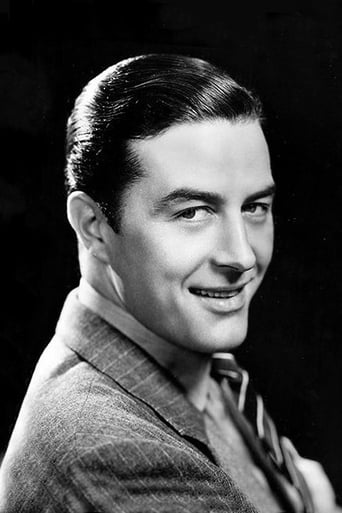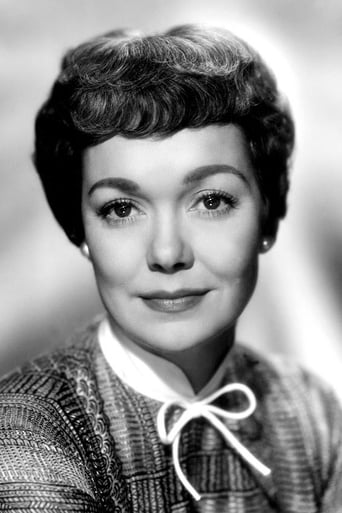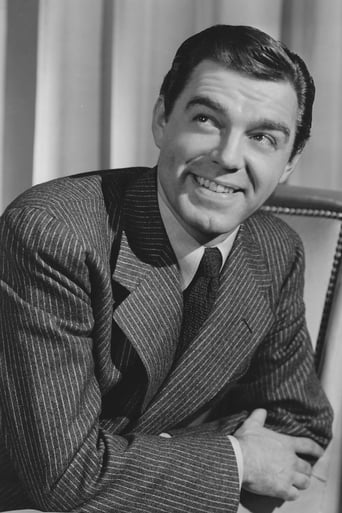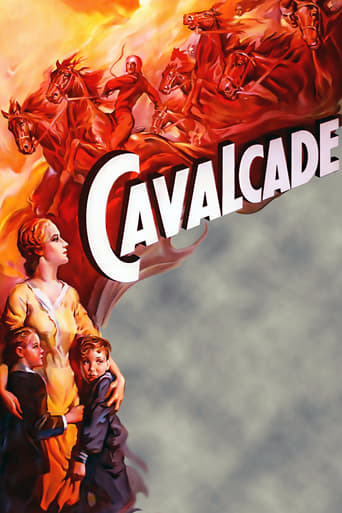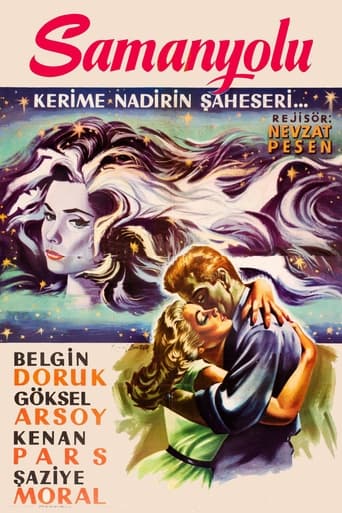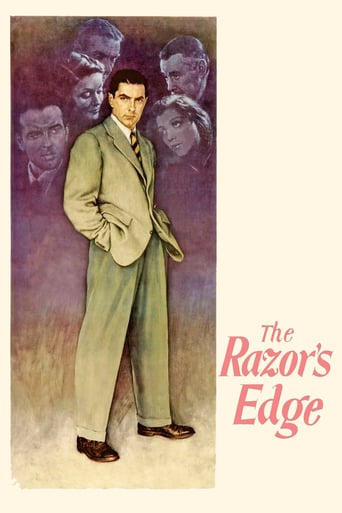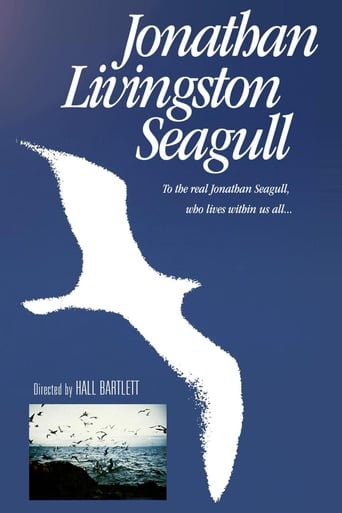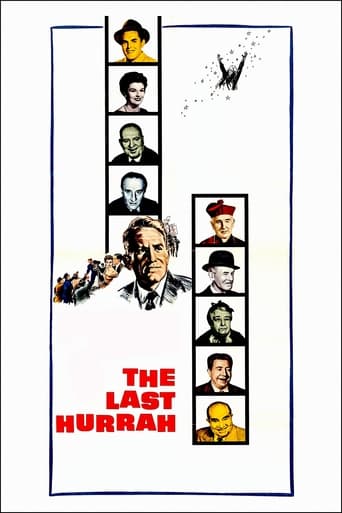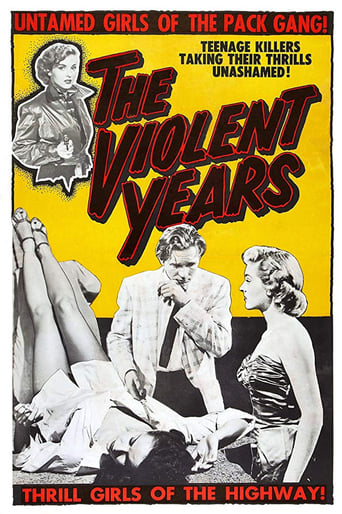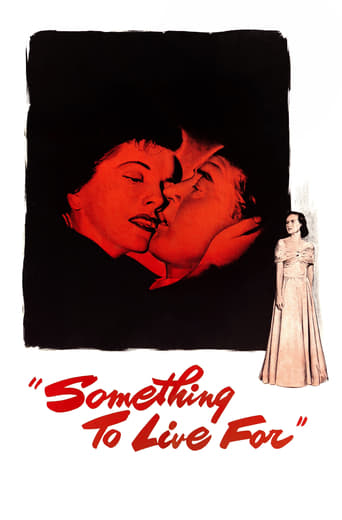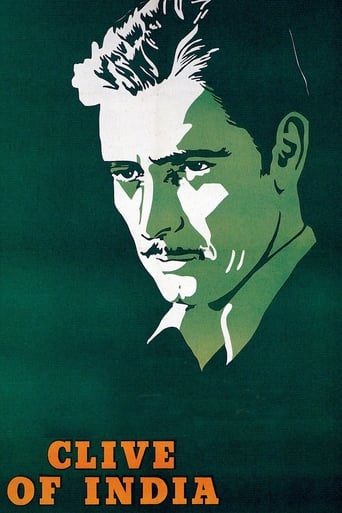The Lost Weekend (1945)
Don Birnam, a long-time alcoholic, has been sober for ten days and appears to be over the worst... but his craving has just become more insidious. Evading a country weekend planned by his brother and girlfriend, he begins a four-day bender that just might be his last - one way or another.
Watch Trailer
Cast


Similar titles
Reviews
I often take a fair bit of flack for listing The Lost Weekend as my favorite Billy Wilder film. With a career spanning over a dozen classics, The Lost Weekend, which took home top prize at the Oscar's in 1945, is often overlooked in Billy Wilder's accomplished filmography. The Lost Weekend isn't just my favorite Billy Wilder film, it's one of my favorite films of all time. Starring the ever alluring Ray Milland and Jane Wyman, the story of an alcoholic struggling through a 4-day drinking binge is a heartbreaking to watch. Don Birnam, (Ray Milland) is an alcoholic who has recently begun the road to recovery, or so he pretends. When his brother Wick (Phillip Terry) plans a weekend away in the country with Don and his girlfriend Helen St. James (Jane Wyman) the thought of being away from the bottle with no chance of a drink becomes overwhelming to Don. Maybe all Don needs is a send-off from the bar to get him through the long weekend. Manipulating Helen, who loves Don dearly despite his addiction, he convinces her to take his brother to a show promising to leave on the train for the country when they return. Once Don is in front of the bartender he loses all track of time, missing the train and his brother who took an angry cab ride home after being stood up by Don. Don spends a great deal of time reminiscing about his life as a young writer. Don abandoned college after a story he wrote sold to a magazine, only to find that same amount of success unattainable to him in his mid- thirties. Stopping at nothing to drown his sorrows about the unhappiness of his writing career and his life, Don's weekend binge leads him to the hospital, then back at home as he contemplates the only option for him that will seem to make everyone happy.The most obvious statement of the day is that Billy Wilder was a phenomenal director. He had a controlled yet inviting relationship with the camera that I truly appreciate. My favorite shot in cinema history is tucked into The Lost Weekend. The first time we see Don in the bar, it is indicated that time is passing solely by additional rings from his glass appearing on the table. The subtle beauty yet despair contained in that shot makes me pause the film at that moment each time I watch it just to be able to appreciate it for a few extra seconds. Wilder also captures a brilliant shot of a reflection in the mirror near the end of the film that allows Hellen to see just how dire Don's situation has become. There were also a couple scenes involving visions that were incredible. The scene of Don at the opera where he longs for the alcohol he stashed in his checked coat so badly he begins to imagine scores of his overcoat parading on stage was a dream to watch. Don also has a breakdown before falling asleep once back at his home where he imagines a mouse climbing out of a hole in his wall only to be attacked by a bat in his apartment perfectly illustrating the futile effort Don felt against the much more aggressive opponent of his alcoholism that he was facing. As for capturing the perils of addiction, The Lost Weekend succeeds tenfold. The Lost Weekend is a perfect double bill along with Otto Preminger's The Man with the Golden Arm which explores the life of a heroin addict. The Lost Weekend displays the family of the addict which is often a mix of enabling and tough love, the film illustrates the rage the addict often experiences when too many obstacles impede their next fix and the desperation of exhausting every seemingly available opportunity to get it. The audience is invited into Don Birnam's life when the camera pans his apartment windows from the outside before following the string attached to a bottle into his apartment. The string hiding a fix is a perfect metaphor for what Don's life has become. His life teeters on a precipice of resuming his writing career and settling down with Hellen or sinking deeper and deeper towards the bottle where "one (drink) is too many and 100 is not enough". We begin the emotional ride of the film outside of Don't life, then invited in for an intimate look at the weekend in which Don must make the decision that will dictate the rest of his life.This brings me to the Ray Milland portion of this review. I love Ray Milland, and The Lost Weekend was the first film I saw of his. I was sold on his style immediately and only grew to love him more when Dial M for Murder became another personal favorite. His reserved command of the screen works for me on every level. Milland's name is one I don't hear nearly as often as I'd like to hear thrown around as a screen great of the Golden Age of Hollywood. His portrayal of Don Birnam which goes from the brink of despair complete with tears and screaming to the acceptance of an existence beyond alcohol was more than deserving of a gold statuette at the '45 Oscars, as well as a place in my heart for eternity. Maybe it was Ray Milland's perfect portrayal of an alcoholic that kept me from taking even one drink my entire life, who knows.
Don Birnam is an alcoholic. His brother Wick and girlfriend Helen know but believe that he is on the wagon, a belief he does his best not to shatter. They try to keep him sober and healthy by arranging trips and other such events. One is this weekend - Don and Wick are heading to the country. However, Don manages to delay the trip and then evade it altogether, in order to get drunk in a bar. He has no money, so often ends up getting his alcohol by more and more outlandish and nefarious means. He does have two things going for him: Helen loves him and will do anything to see him shake his addiction. The other is that he has a great talent for writing, and has great ambition in that regard. However, his productivity as a writer is undermined by his alcoholism, creating a downward spiral of despair and addiction. Sensing his own plight, his thoughts turn darker...From master movie-maker Billy Wilder, a film that realistically and hauntingly shows the effects of alcoholism, and the plight its victims find themselves in. Very claustrophobic, in that you can sense how Don Birnam is trapped, and how he knows he's trapped. All his best intentions, and those of his loved ones, come to nothing, creating an intense, despairing situation.Excellent plot, very well directed by Wilder. He builds the intensity and despair well, starting with a rather light scene and then slowly turning up the darkness and anxiety. The conclusion is a bit too neat and swift though. Considering what came before, it really needed a bit more open-endedness.Great work by Ray Milland in the lead role, a performance for which he received a Best Actor Oscar. Good support from Jane Wyman as Helen. Billy Wilder got his first, and second, Oscar with this movie - Best Director and Best Screenplay. The movie itself won Best Picture at the 1946 Oscars.While it may seem less topical a subject nowadays, with drug addiction replacing alcoholism as the source for addiction movies, this is no less confronting, or harrowing.
Ray Milland received his Best Actor Academy Award (on his only nomination) portraying a man struggling with his alcoholism in this Oscar winning Best Picture, which also saw Billy Wilder earn his first Oscars (Director and Screenplay; the latter shared with his frequent collaborator, and this film's producer Charles Brackett) and showcases Jane Wyman's dramatic acting ability for the first time, leading to her first (of four) Best Actress nomination in The Yearling (1946) (and award for Johnny Belinda (1948)). Also receiving nominations from the Academy were John Seitz's B&W Cinematography, Doane Harrison's Editing, and Miklós Rózsa's Score. Added to the National Film Registry in 2011.The story follows Don Birnam (Milland), an unsuccessful writer, over a several day alcoholic binge. His girlfriend Helen St. James (Wyman) and his brother Wick (Phillip Terry) are unable to help him remain sober. Howard Da Silva is the bartender Nat, with whom Don converses with at various times; the others in the cast are the people he meets in the different stages of his drunkenness.
... and not get tired of it. Ray Milland's performance is riveting and, if you are watching for the first time, the first scene will do nothing but raise questions, getting you involved. How did Don (Ray Milland) get to be such an alcoholic? Why does his brother have a right to say how he lives? What does he do for a living? Why does such a seemingly together woman like Helen (Jane Wyman) stay with this guy for three years? All of these questions get answered slowly as the movie unravels over one long weekend that Don was supposed to spend in the country with his brother, but instead spends alone, but thanks to ten dollars that Don's brother left behind, he does not spend it completely alone - he's got money to buy booze.And yet Don doesn't plan ahead. He thinks enough to cover up the two bottles he buys at the liquor store with some apples that he buys to put up on top of the bag as he walks home so neighbors cannot see the booze, but the urgency doesn't come until he is completely out of liquor and out of the ten bucks to get more. And he is willing to do ANYTHING to get that liquor - he'll pretend to be interested in a girl in a local bar who is obviously crazy about him in order to get a few bucks, he tries to trade his typewriter (he's a failed writer) to a local bar owner for a drink, he steals money from a woman's purse in a nightclub to get booze, he even stages a faux hold-up (he has no gun) to get a bottle from a liquor store.And that's it for the entire movie - Don Birnham and his quest for the next bottle eats all of his time and energy. Other characters are just instruments in that quest or are in the form of flashbacks to tell you how Don got to where he was in the first scene. And then there's that haunting score that runs the length of the film. Everything is brutal realism UNTIL the last scene. Maybe it was the censors, but today it could have cost the film some Oscars.A couple of questions never raised. How did Don's brother Wick manage to support himself AND Don all of these years IN New York City? Didn't Wick ever long for a life and family of his own? There's got to be a limit to anybody's patience and charity, even if they are kin. Another question from an old film buff like me - Isn't it odd how the Great Depression and World War II magically disappear from sight in the past that Don is recollecting. 15 years of American history that effected everybody seems to have no place in Don's story. To look at this film, this shiny bustling post-war world has always been there. This is the turn of film from Depression and world war - collective struggles - back to the struggle of the individual with himself, the beginning of noir.

